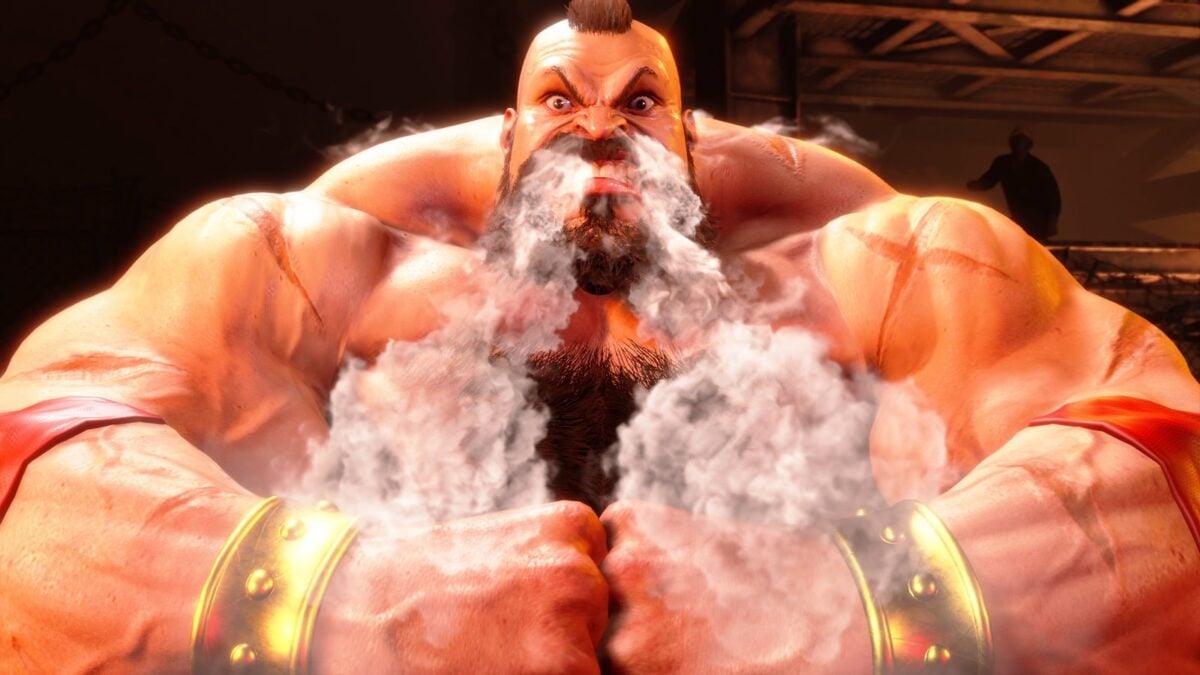Sony recently ended one of its more bizarre pandemic-era side-quests by selling its majority stake in the fighting game event Evo. One of the biggest esports events of the year is now co-owned by talent management company RTS and India-based NODWIN Gaming. That seemed mostly fine, until now.
Yesterday Qiddiya Gaming, which is backed by the Saudi Arabian Public Investment Fund (PIF). announced it was taking full ownership of RTS, making it the second-biggest stakeholder for Evo. Chief strategy officer Muhannad Aldawood called it “a strategic step that will further strengthen our esports business and unlock new opportunities across the broader gaming ecosystem.”
He added, “most importantly, this will enable Qiddiya to keep fueling the continued growth of Evolution Championship Series (EVO), the world’s largest fighting game event since 1996, with unlimited potentials.”
The move puts the premier event for Street Fighter 6, Tekken 8, and other fighting games squarely in the crosshairs of Saudi Arabia’s ongoing efforts to “sportswash” its abysmal human rights reputation and the fact that it’s still ruled by a literal monarch in the year 2025. Other notable attempts include things like merging with the PGA Tour, partnering with WWE, and paying Christiano Ronaldo $700 million to play soccer in Riyadh.
There have also been big shifts into gaming as well. This has included investing billions across everything from Nintendo and Capcom to Electronic Arts and Nexon Gaming. Earlier this year, it bought Pokémon Go and other Niantic-developed mobile games for a whopping $3.5 billion. It even bought all of King of Fighters and Metal Slug publisher SNK Corporation, taking the company private and seemingly forcing the developers to put Ronaldo in this year’s Fatal Fury: City of the Wolves.
But the push has been even more apparent in competitive gaming. It purchased major global tournament organizer ESL FACEIT in 2022, and snagged a 30 percent stake in Chinese esports company Hero Esports in 2023. And it just wrapped up the 2025 Esports World Cup, an attempt to astroturf a new major competitive gaming event into existence through massive prize pools never before seen, even in the esports bubble years of the late 2010s.
While some communities have boycotted the event, others have been happy to lean on the publicity and money at a time when pro gaming is struggling. A documentary promoting the 2025 EWC was released on Amazon earlier this year, but the version streaming in Saudi Arabia stripped out players talking about LGTBQ+ issues and concerns.
“We are disappointed to learn, upon your request for comment, that the Saudi broadcast of Esports World Cup: Level Up has been altered to remove images of our Pride jersey, as well as important parts of our Co-CEO Steve Arhancet’s story as a gay man in esports,” Team Liquid, which fields players in League of Legends, Overwatch 2, Apex Legends, and more, wrote at the time.
Saudi Arabia’s investment fund is still only a minority investor in Evo, and it’s unclear how the change in ownership will impact the event moving forward. At the very least, it’s hard to see Saudi Arabia not being added to the list of countries that currently host annual Evo tournaments. How pro players respond also remains to be seen.
Fighting games have always been unique within esports. With a legacy that dates back to the early arcade days and communities built on local, grassroots connections rather than corporate branding exercises, Evo has always had a special place within competitive gaming. It’s now one that will have to confront the moral calculus of co-owners currently accused, among other things, of a recent surge in extra-judicial executions.
